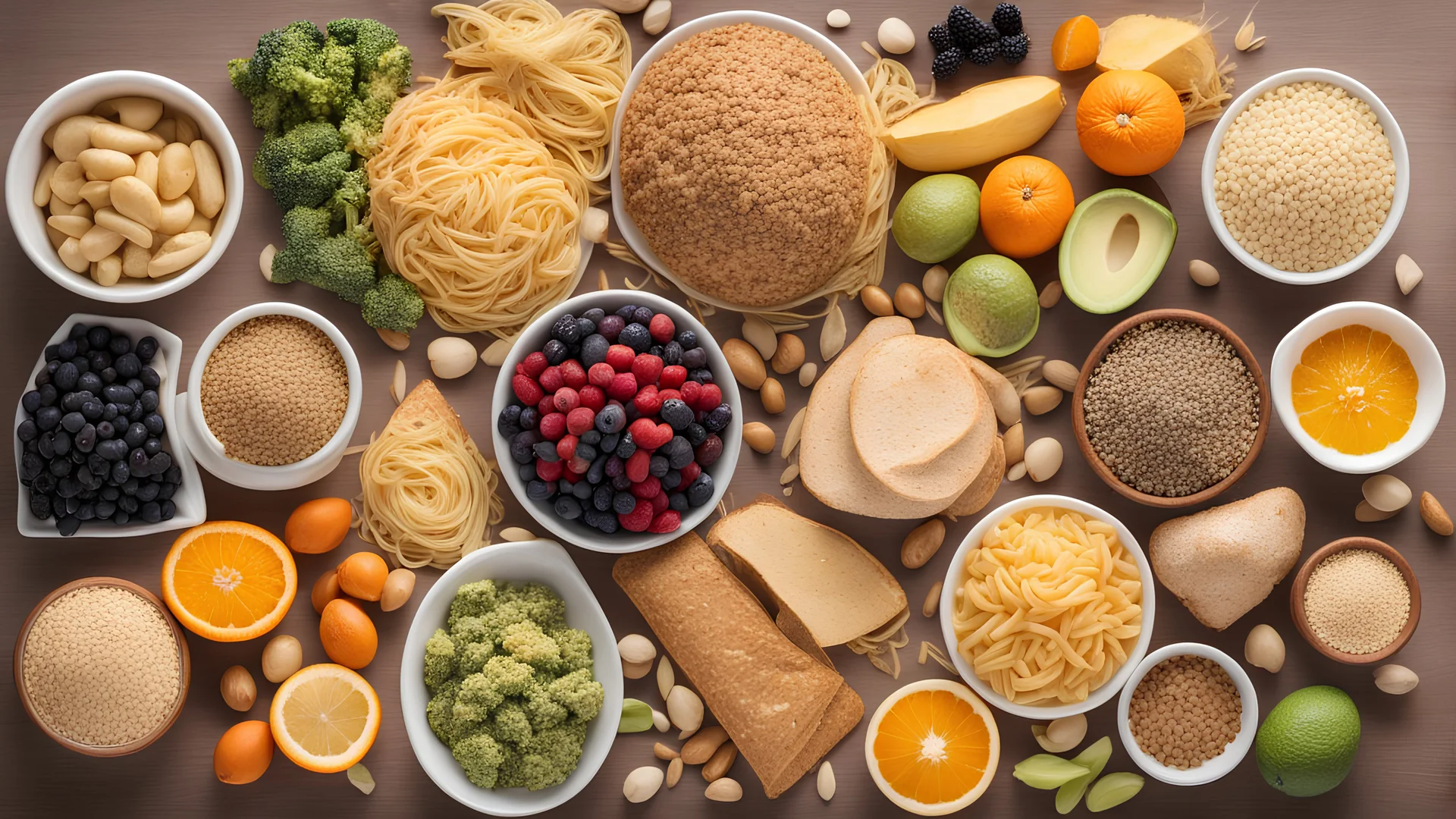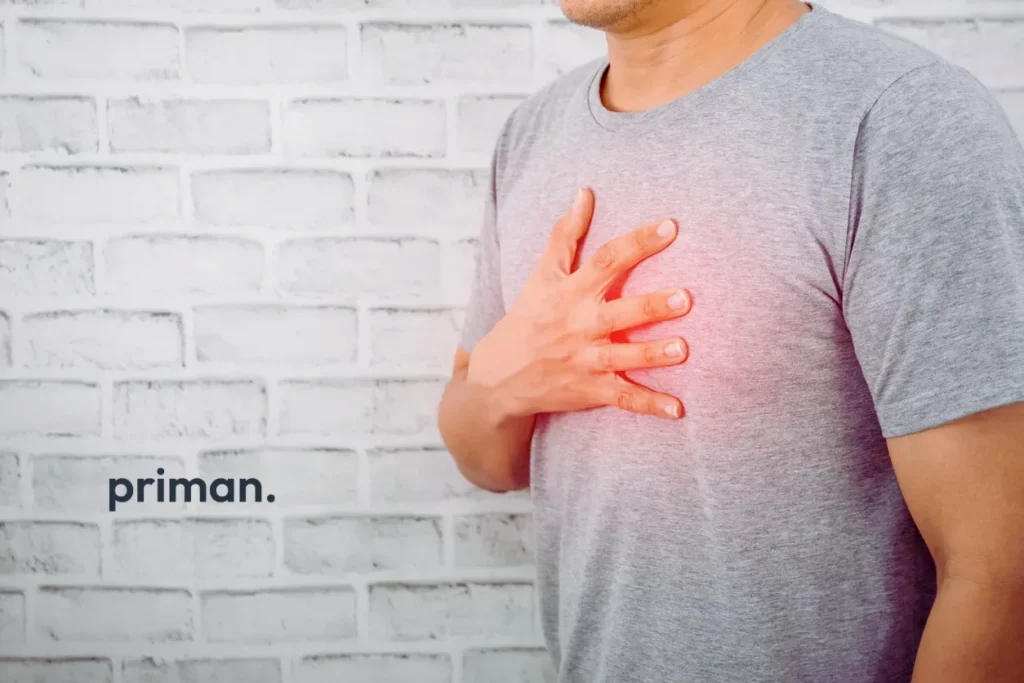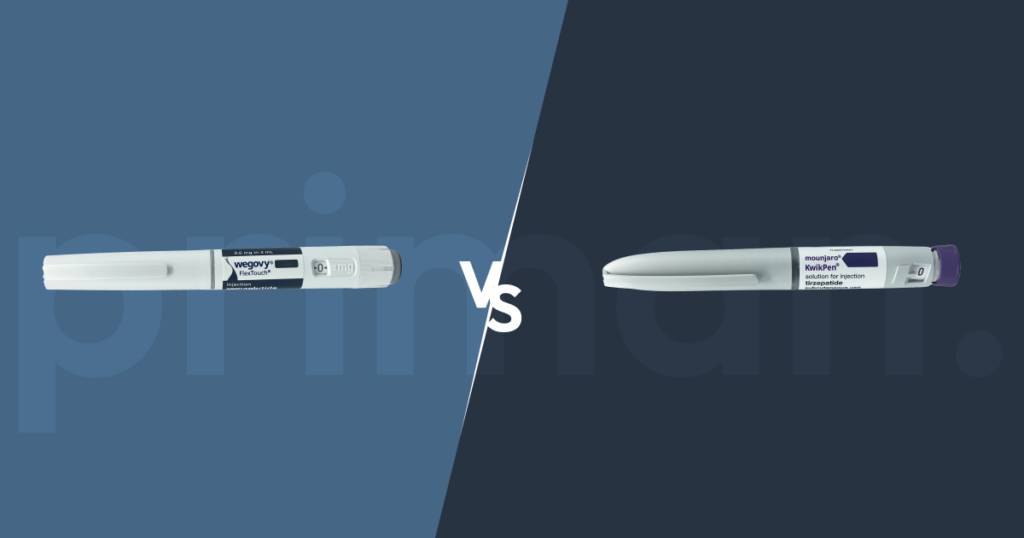Losing weight and keeping it off is a goal many of us share. But fad diets and quick fixes rarely work in the long run. The key to sustainable weight loss lies in adopting a healthy diet plan that nourishes your body, fuels your energy, and helps you feel your best.
The Foundation of Weight Loss Diet Plan: Understanding Calories & Energy Balance
Weight loss fundamentally comes down to energy balance:
- Calories In: The energy you consume through food and drink.
- Calories Out: The energy your body uses for basic functions (metabolism) and physical activity.
To lose weight, you need to create a calorie deficit. This means consuming fewer calories than your body burns. But this doesn’t mean starving yourself! A healthy diet plan focuses on nutrient-dense foods that keep you feeling full and satisfied.
Why Does Healthy Weight Loss Matters?
Carrying excess weight isn’t just about how you look – it can seriously impact your health. Research has linked obesity to an increased risk of:
- Type 2 diabetes: Excess weight can lead to insulin resistance, a major risk factor for diabetes.
- Heart disease: Obesity raises cholesterol levels and blood pressure, both of which contribute to heart problems.
- Certain cancers: Obesity has been associated with increased risks of several cancers, including breast, colon, and endometrial.
- Joint problems: Extra weight puts strain on joints, increasing the likelihood of osteoarthritis.
- Sleep apnea: This condition disrupts your sleep and can lead to serious health problems.
The good news is that even a modest weight loss of 5-10% can significantly reduce these risks.
Why Sustainable Diets are Key?
Sustainable diets aren’t just about losing weight; they’re about creating a healthy relationship with food that you can maintain for life. Here’s why they’re the gold standard for weight loss:
- No Yo-Yo: Sustainable diets help you avoid the dreaded weight-loss roller coaster by focusing on balanced nutrition and gradual, lasting change.
- Nutrient-rich: These diets prioritise whole foods, ensuring your body gets the vitamins, minerals, and fibre it needs for optimal health.
- Energy boost: Rather than leaving you feeling deprived and sluggish, sustainable diets provide the energy you need to thrive.
- Environmentally friendly: Many sustainable diets focus on local and seasonal produce, reducing your carbon footprint and supporting your community.
Building Your Weight Loss Diet Plan
Here’s a blueprint to guide your diet choices:
- Prioritise whole foods:
- Fruits and vegetables: Aim for at least five servings a day. They are low in calories, high in fibre, and packed with essential nutrients.
- Whole grains: Choose brown rice, quinoa, whole-wheat bread, and oats over refined grains for sustained energy and fibre.
- Lean protein: Incorporate fish, poultry, beans, lentils, and tofu into your meals to help you feel full and satisfied.
- Healthy fats: Include sources like avocados, nuts, seeds, and olive oil in moderation.
- Limit processed foods:
Reduce your intake of sugary drinks, processed snacks, fast food, and ready meals. These are often high in calories, unhealthy fats, sugar, and sodium.
- Portion control:
Be mindful of portion sizes, even with healthy foods. Use smaller plates and bowls, and pay attention to your body’s hunger and fullness cues.
- Hydration:
Drink plenty of water throughout the day. Water can help you feel full and may aid in weight loss.
Clinical Evidence
A wealth of research supports the effectiveness of above approach:
- The PREDIMED Study: This landmark study found that a Mediterranean diet, rich in fruits, vegetables, whole grains, and healthy fats, significantly reduced the risk of cardiovascular disease.
- The Diabetes Prevention Program: This study demonstrated that lifestyle changes, including a healthy diet and increased physical activity, were more effective than medication in preventing type 2 diabetes.
Calorie Counting for Weight Loss
While sustainable eating focuses on food quality and healthy habits, understanding calorie intake is still a helpful tool on your weight loss journey. The NHS offers clear guidance on calorie targets for healthy weight loss:
- For Men: Aim for about 1,900 calories per day.
- For Women: Aim for about 1,400 calories per day.
These are general guidelines, and your individual needs may vary depending on your age, activity level, and metabolism. The NHS website offers a handy BMI calculator and calorie counter to help you personalise your goals: https://www.nhs.uk/better-health/lose-weight/calorie-counting/
Important : The Calorie Deficit Principle
To lose weight, you need to create a calorie deficit, meaning you burn more calories than you consume. The NHS suggests aiming to reduce your daily calorie intake by about 600 kcal for healthy weight loss. This translates to:
1,900kcal for men (2,500kcal average intake – 600 kcal deficit)
1,400kcal for women (2,000kcal average intake – 600 kcal deficit)
Remember, these are targets for gradual, sustainable weight loss. Drastically cutting calories can backfire, leading to nutrient deficiencies and rebound weight gain.
Track Calories Effectively
- Keep a food diary: Write down everything you eat and drink, including portion sizes. You can use a notebook, an app, or the NHS calorie counter online.
- Estimate portion sizes: Use measuring cups, spoons, or a food scale to get accurate portion sizes.
- Read labels: Look for minimally processed foods with few ingredients.
Meal Plan Inspiration
Sustainable Eating Tips for Weight Loss Success
- Cook at home: Not only is cooking at home often healthier, but it also gives you complete control over the ingredients and helps you cut down on processed foods.
- Don’t Skip Meals: This can lead to overeating later in the day.
- Limit sugary drinks: Choose water, herbal teas, or sparkling water with a squeeze of lemon or lime.
- Eat mindfully: Pay attention to hunger and fullness cues. Slow down and savour each bite.
- Be patient: Sustainable weight loss takes time. Focus on making healthy choices consistently.
Key Takeaway
It’s a Journey, Not a Race
Remember, sustainable weight loss is a marathon, not a sprint. It’s about creating lasting habits that nourish your body and respect the planet. By making small, consistent changes, you can achieve your weight loss goals and enjoy a healthier, more sustainable lifestyle.
References
Calorie counting (no date) nhs.uk. Available at: https://www.nhs.uk/better-health/lose-weight/calorie-counting/
Cena, H. and Calder, P. C. (2020) “Defining a healthy diet: Evidence for the role of contemporary dietary patterns in health and disease,” Nutrients, 12(2), p. 334. doi: 10.3390/nu12020334.
Hiza, H. A. B., Koegel, K. L. and Pannucci, T. E. (2018) “Diet quality: The key to healthy eating,” Journal of the Academy of Nutrition and Dietetics, 118(9), pp. 1583–1585. doi: 10.1016/j.jand.2018.07.002.
Jia, S. S. et al. (2022) “The use of portion control plates to promote healthy eating and diet-related outcomes: A scoping review,” Nutrients, 14(4), p. 892. doi: 10.3390/nu14040892.
Ros, E. et al. (2014) “Mediterranean diet and cardiovascular health: Teachings of the PREDIMED study,” Advances in nutrition (Bethesda, Md.), 5(3), pp. 330S-336S. doi: 10.3945/an.113.005389.
The Diabetes Prevention Program (DPP) Research Group (2002) “The Diabetes Prevention Program (DPP),” Diabetes care, 25(12), pp. 2165–2171. doi: 10.2337/diacare.25.12.2165.









